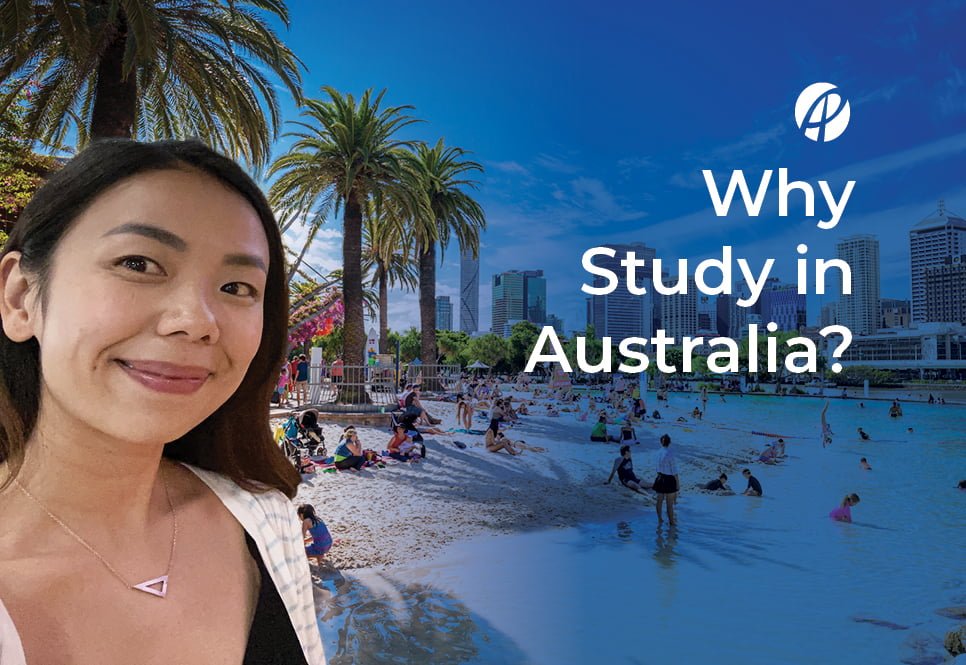The Beginning of the Australian Pacific College Journey


David Yoo co-founded Australian Pacific College with his wife, Sue, thirty years ago. His grandfather’s dying wishes were for his father to give back as the nation was rebuilding after the Korean War. This drive has continued throughout his life, in which he has migrated to Brazil and Australia. We spoke to David to find out his motivations for founding APC and his vision to create learning experiences and opportunities for people from different walks of life.
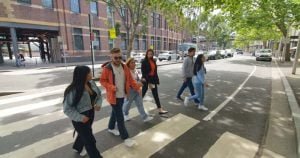

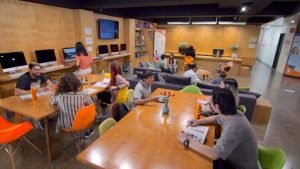

I think there are a lot of reasons why I started on this journey, including selfish ones, and mostly driven by youthful, blind optimism. However, when I reflect on it, there are three main reasons that come to mind.
My wife and I were both very fortunate to get an education and have good professional experiences in Australia and for me, Brazil for eight years. If both Brazil and Australia didn’t have political settings that were generous to new migrants and my parents didn’t have the courage and aspiration for the next generation to be better off than they were, I don’t think I’d be here today. The social and global geopolitical setting allowed for our ability to move between borders, get an education in a safe and stable society and for me, to work as an Accountant with a global professional firm like Ernst & Young (EY). These have all had a big role in where I am and who I am today.
My parents are both educators and they also founded one of the most respected high schools in Seoul, Korea today. The story goes that their motivation was a result of my grandfather’s dying wish for my father to give back as the nation needed to rebuild after the Korean War. So, I grew up in an environment where we often crossed paths with former staff, students, and associates, but also saw how their wonderful work would have a short lifespan without financial sustainability as my parents, typical of educators, would not consider any of the financial costs to help those in need.
Similarly, in Australia, we were surrounded by a community of migrants who had recently arrived and could see the struggles they faced. Often, they were unable to take advantage of the wonderful opportunities that Australia presented to them. Especially the ones that Sue and I benefited from. We were first-generation migrants, but we were also their children and were fortunate to go through the education system in Australia.
We saw education as both the problem and the solution. We saw people who couldn’t participate effectively because of their past professional experiences. They were stuck and held back by their former education experiences, for example, if they couldn’t speak English. Our parents would lean heavily on my brothers, other people within the community, and me to interpret for them. I could see the business struggles they were going through and people taking advantage of that vulnerability. Education was a double-edged sword.
That’s why we started teaching English first, especially to international students in 1993. In 1999, we expanded into our vocational programs starting with business and IT. We felt APC was the right vehicle to help people in that vulnerable community. We thought it was important to give back the wonderful opportunity that we continue to enjoy in Australia today. If we can help the next generation of globally mobile migrants avoid some of the pitfalls we face, we can keep opportunities open for them. But, for APC to make a meaningful and sustainable contribution, we were aware that better financial discipline was necessary and that the social values of education and financial outcomes were not at odds with each other.
I don’t think that where you come from, your background, ethnicity, age, sexual orientation, whatever it is, should hold you back. I once heard a very influential and progressive educator, the late Sir Ken Robinson, say that the accident of birth shouldn’t dictate your opportunities in life.
So what’s our vision going forward?
To enable global mobility through intercultural education.
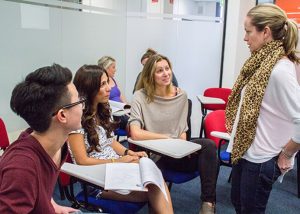

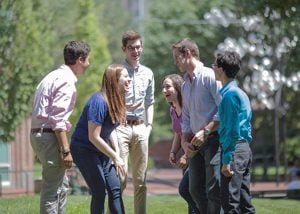

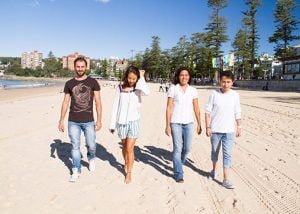

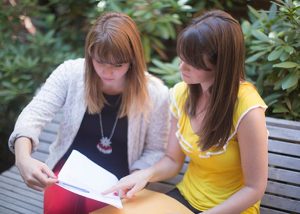

In Australia, we have relative, rather than absolute inequality and our standard of living is high compared to other countries. At APC, we hope to foster global and social mobility and address the inequality of opportunity. We also think that intercultural experiences are incredible opportunities to create a meeting of the minds. What I enjoy, others might hate. What you might love, I might call hate. In any interaction or relationship, no matter how different we are, we can talk to each other through conversation and learning is the interplay between expectation and experience.
Education is a creative process and it comes from promoting freedom of expression. People should be able to participate effectively in a range of learning experiences and education should inspire and motivate the next generation, not exclude the majority and reproduce more of the same.
To respect education as a process of co-creation and not mere obedience.
. 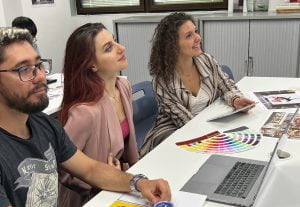

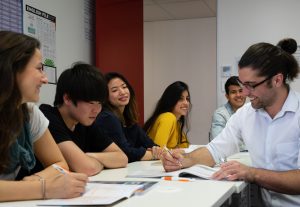

When you’re deciding what should and shouldn’t be taught, you are making an authoritative and political statement. Learning institutions always need to reflect on how they set up their frameworks and ensure that they serve to be inclusive.
Education can unintentionally preserve existing power structures, or it can be a process of co-creation. As soon as you write a curriculum, it’s already outdated as it is bound to the past. The curriculum should be constantly renewed with the input of the learner, capturing important lessons from the past and what we understand about the present moment, and also what we hope for in the future.
To never forget about our students.
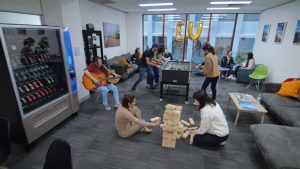

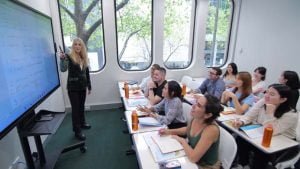

It’s easy to get so focused on the science of learning and education, that we forget about the learner. We enjoy exploring the interplay between the two. We also want to remove education exhaust, which is the mismatch between qualifications and what the economy and people actually need. What’s the point of creating a population of highly educated people who are unemployed because the economy can’t absorb them?
We’re always critical of the learning experiences we have designed and our vision is for curriculums to go beyond just teaching skill sets and toolsets, but also mindsets and heartsets. We want to teach students how to reflect and think about their thoughts, their emotions and their relationships with others and the environment. It’s a humanistic approach to learning design. Blind teaching metrics that encourage the highest marks create technically brilliant students who are good at recalling under duress, but they are exhausting for the learner. We can get so obsessed with the outcomes that we forget about the journey and the traveller.
We exist to create meaningful opportunities.
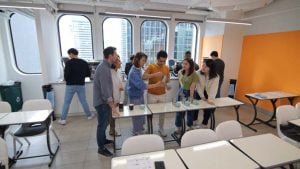

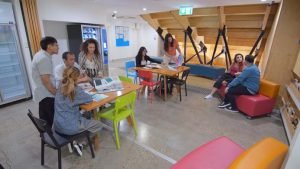

People these days are less worried about what work they do. They want to do meaningful work. That’s why we believe the learning process is just as important as the outcomes, and we want to create value inside and outside the classroom.
If you want to learn how to access meaningful education opportunities at APC, contact our friendly Student Care Team. You can reach out using the Live Chat feature below, in person at one of our campuses, or via our online contact page.

